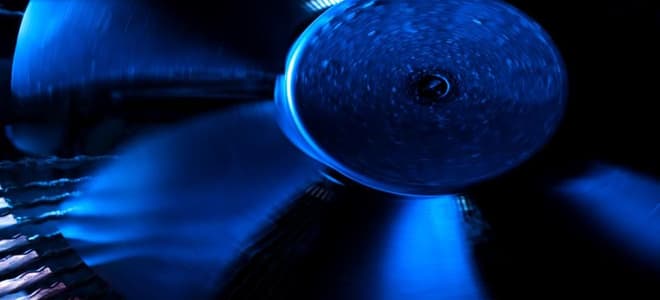While avoiding the debate over the risk benefit why install these things at all.
Attic fan vibration noise.
In order to get rid of the hum you need to either operate the fan at a low speed or replace the fan with a new one that has more blades.
A newly installed attic fan vibrates.
The mount can become loose especially on fans that are installed on the roof.
The vibration is most likely the result of a wobble in the fan that could be caused by some loose screws or a fan blade out of balance.
Due to regular wear and tear these bearings can become worn out or lose their lubrication ability.
And the first signal of any such issue is the attic fan humming noise.
If this does not stop the noise then slide a washer over the screw so it will be positioned between the screw and the fan.
You need to secure the screws in place more tightly by rotating the screwdriver clockwise.
If it s loose it will wobble and vibrate against the surface creating a huge racket.
Skittering in the walls skittering sounds squeaks buzzes and other noises coming from your walls and attic may mean there s something living in your house that isn t part of your family.
In addition to bees ailion says raccoons squirrels and birds have been known to get into attics and cause noises.
This is actually the most common noise issue with attic fans.
Obviously the fan s vibration noise is being transmitted into the living area at a higher level than you re willing to accept.
The attic fan tends to makes a humming noise when it has a few blades and is running at a high speed setting.
Remove the current worn out bearings and replace them.
There can be issues like motor dis function ball bearing damage and so on.
The lateral deflection is minimal think back massager not a ceiling fan with one blade.
The electrical contractor in the equipment can also make a chattering sound which can damage other components including the compressor if allowed to continue.
A gable attic fan is attached to the attic wall by screws and if they are loose the vibration can cause an awful noise.
A rattling noise can mean that your air conditioner is starting to deteriorate and some of its parts are loosening.
Originally posted by david cloutier.
Running an attic fan isn t just running any other fan of your home.
Another cause could be twigs or leaves that have clogged your system.
Attic fans also have small ball bearings that help lubricate the fan s movement.
This can cause the fan to start making constant noise and in some cases even a loud squealing sound.

